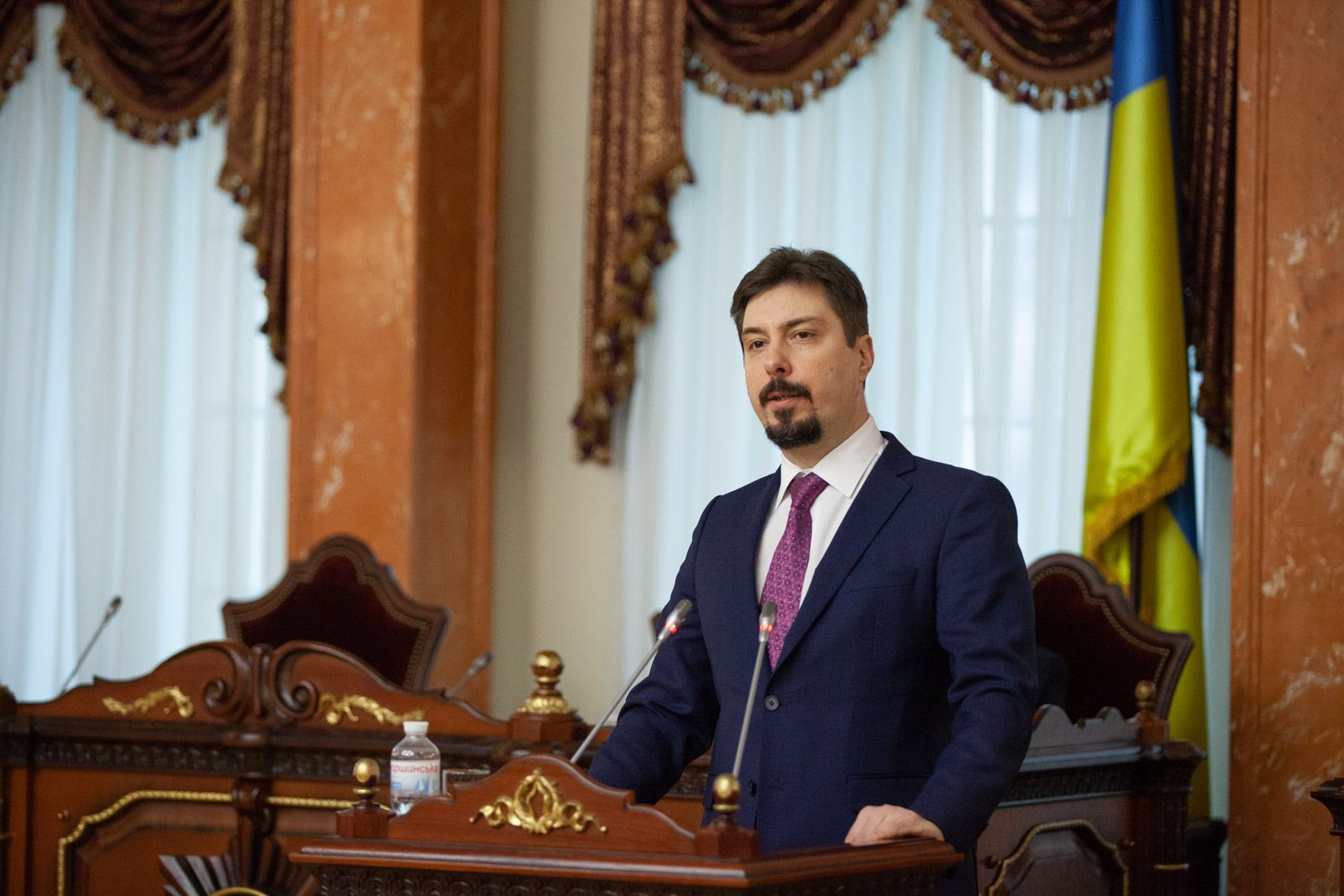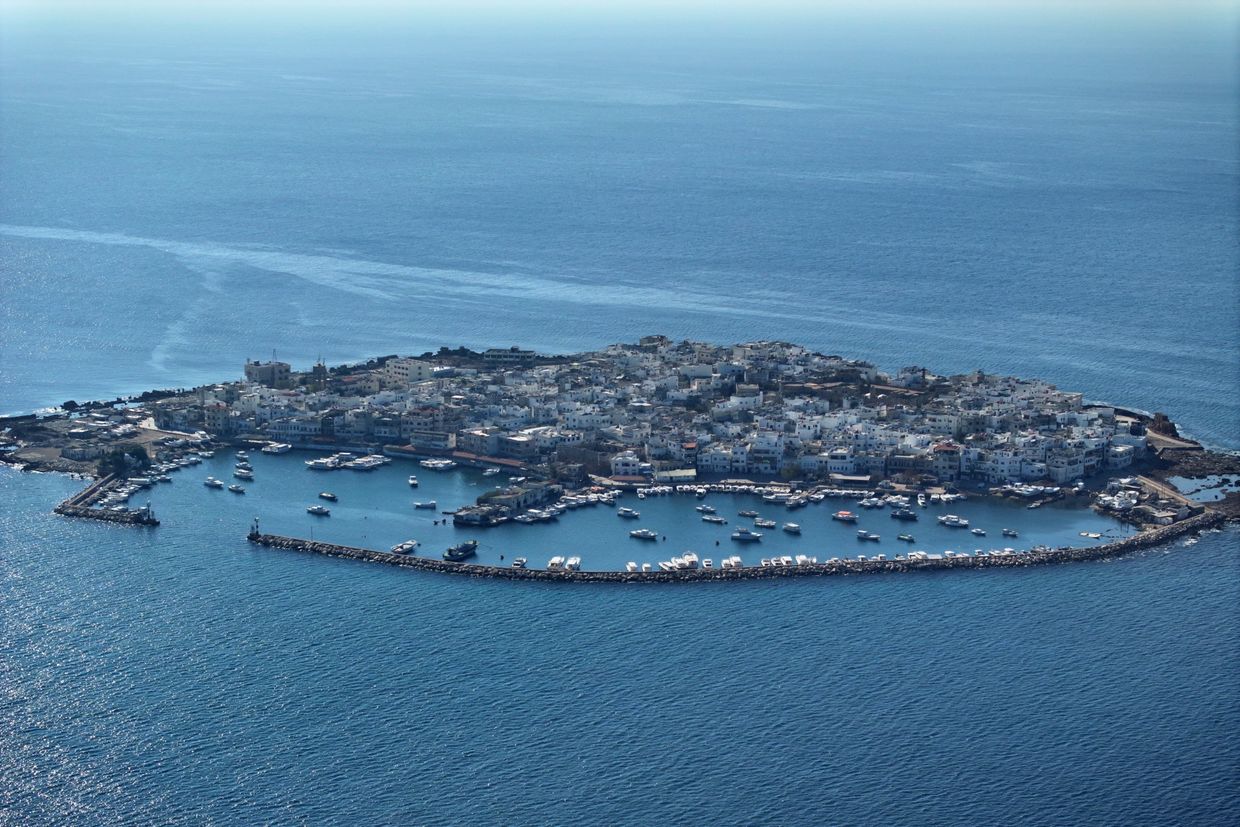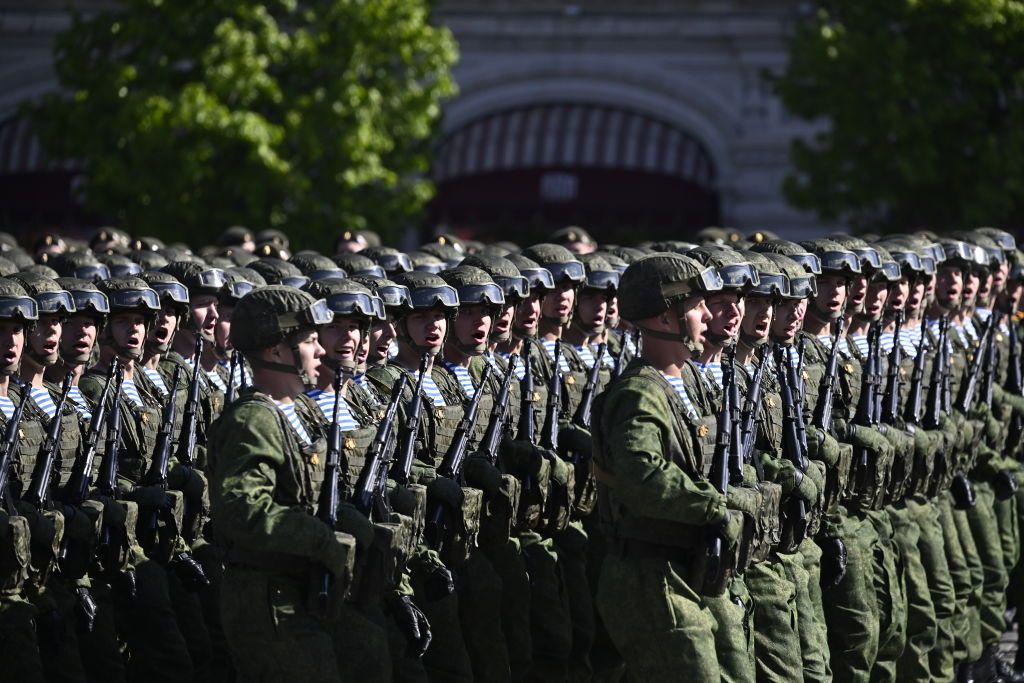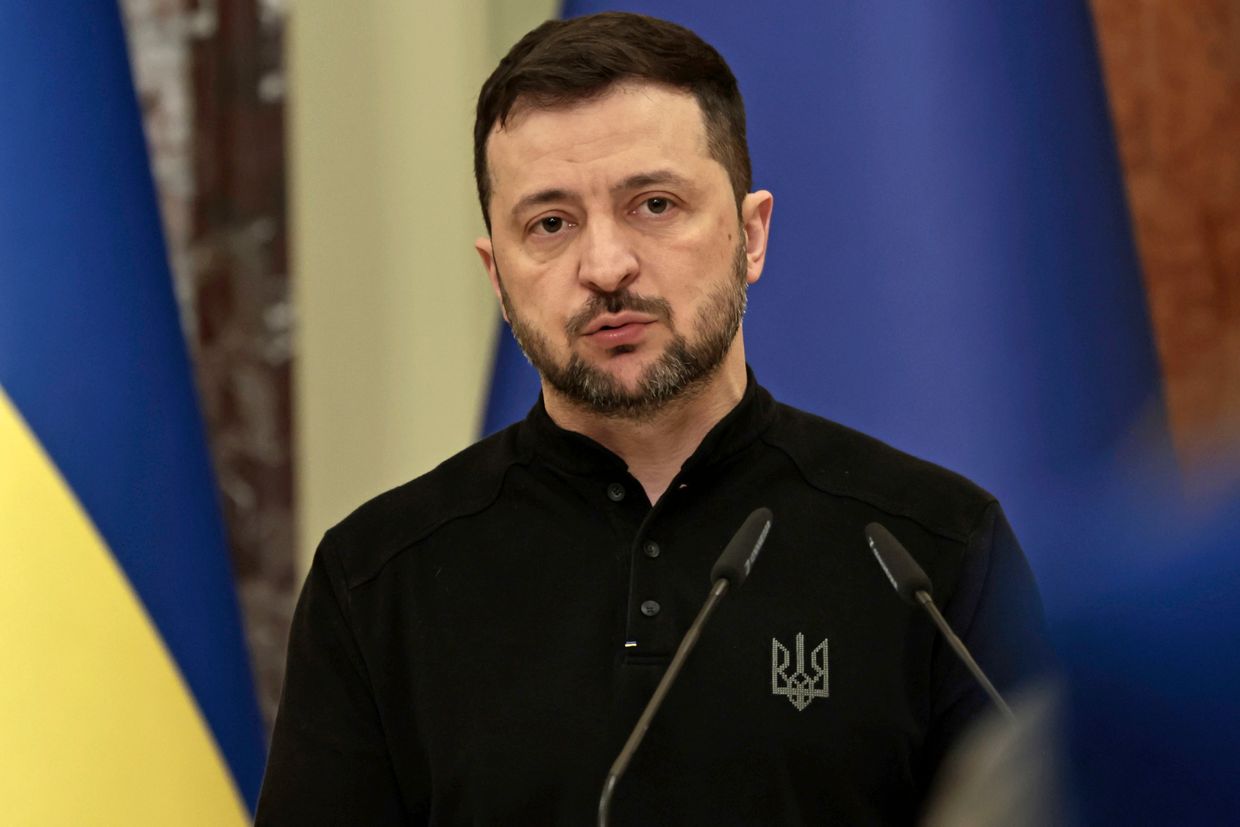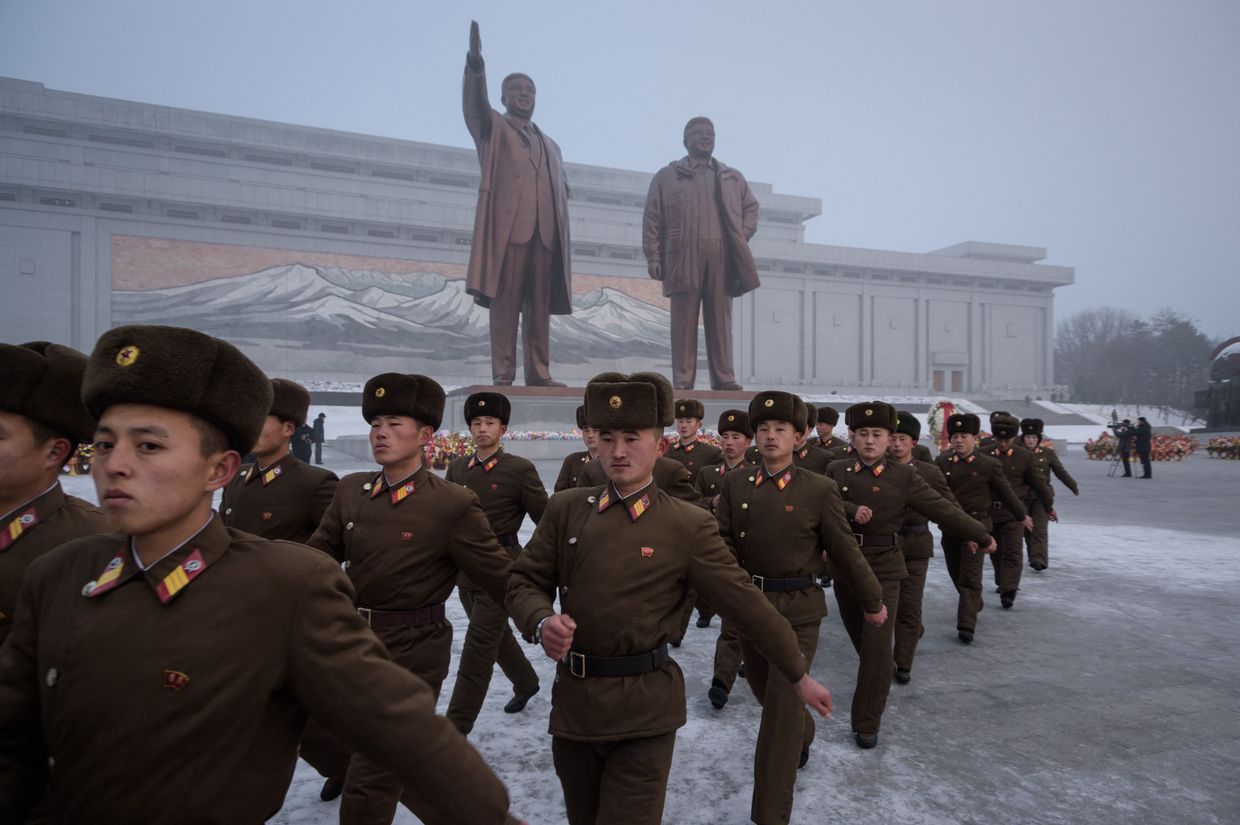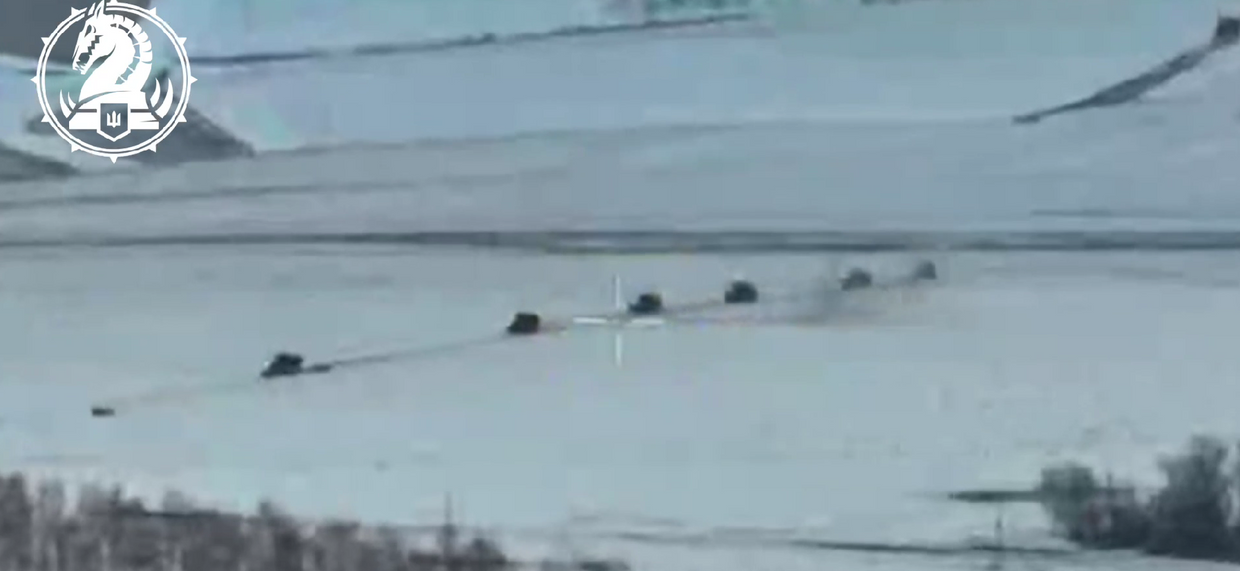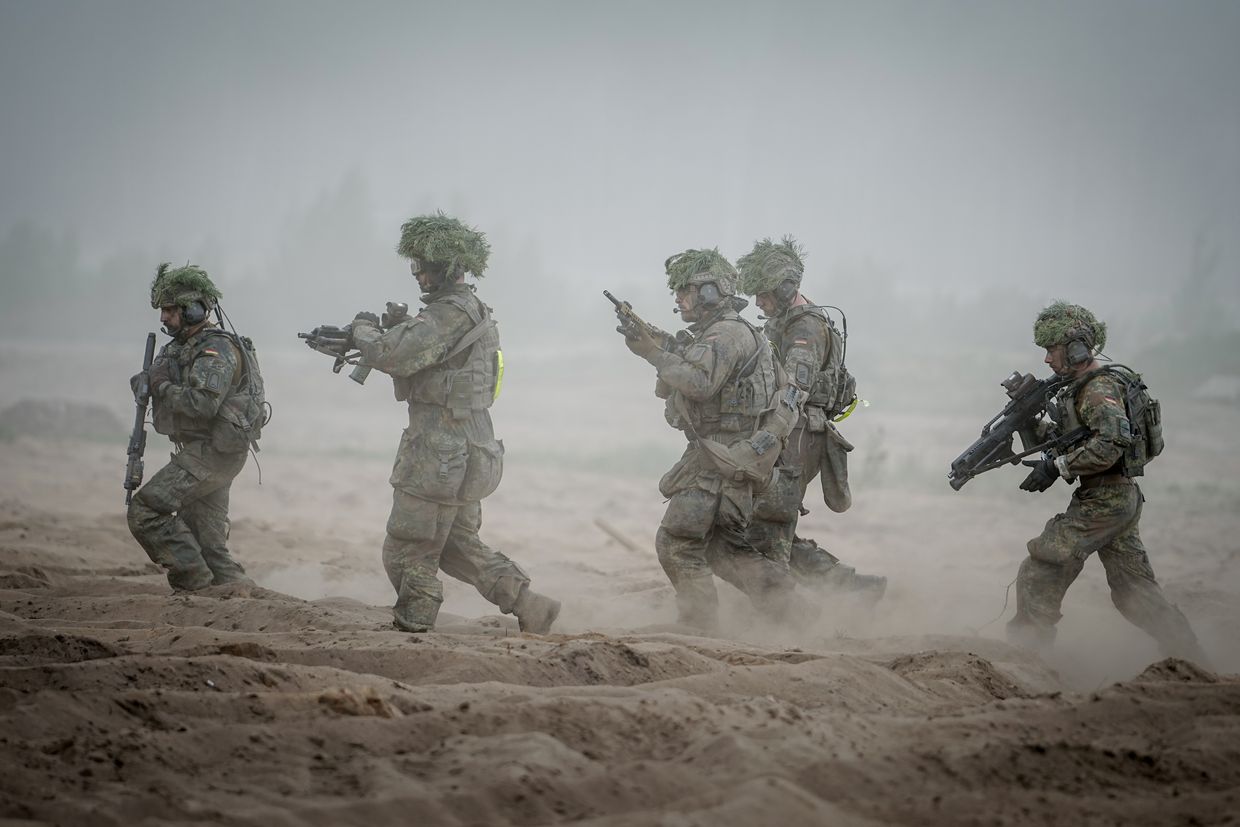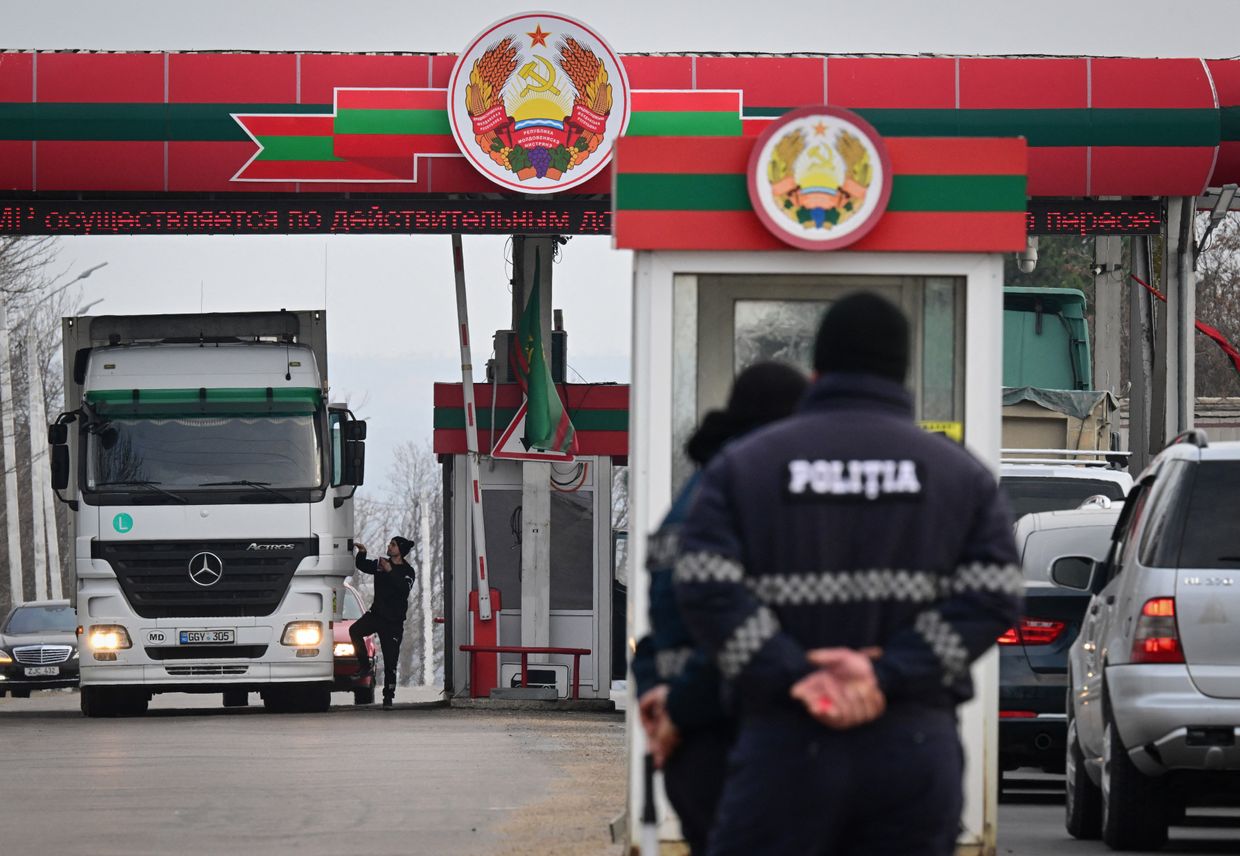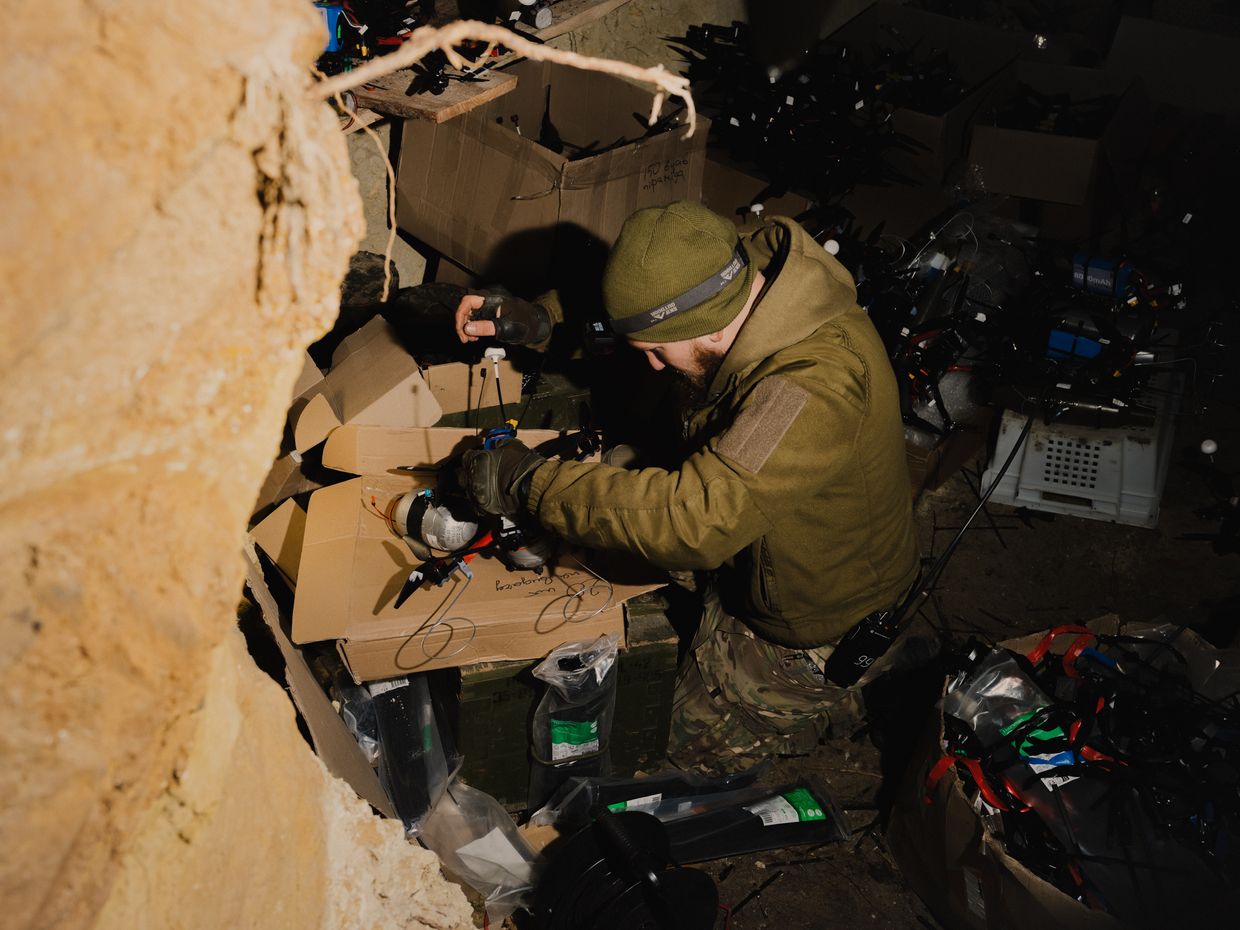Despite more than two-thirds of NATO members supporting a path for Ukraine into the alliance, Ukraine got a flat no. The alliance’s decision at the 2023 Vilnius summit was both unsurprising and a disappointment. Opposition primarily from Washington and Berlin dashed any hopes of a clear invite for Ukraine, with only a pledge that Ukraine would join “when members agree and conditions are met.”
The good news is that Ukraine and its friends have one year until the next summit to persuade U.S. President Joe Biden that Ukraine belongs in NATO. Berlin will follow suit. Ukraine’s friends should spend the next period making the growing consensus on Ukrainian membership ironclad.
Above all, that means working to change Biden’s calculus and addressing the White House’s biggest objections, particularly the pervasive fear of Russian escalation, which continues to shade every major U.S. decision.
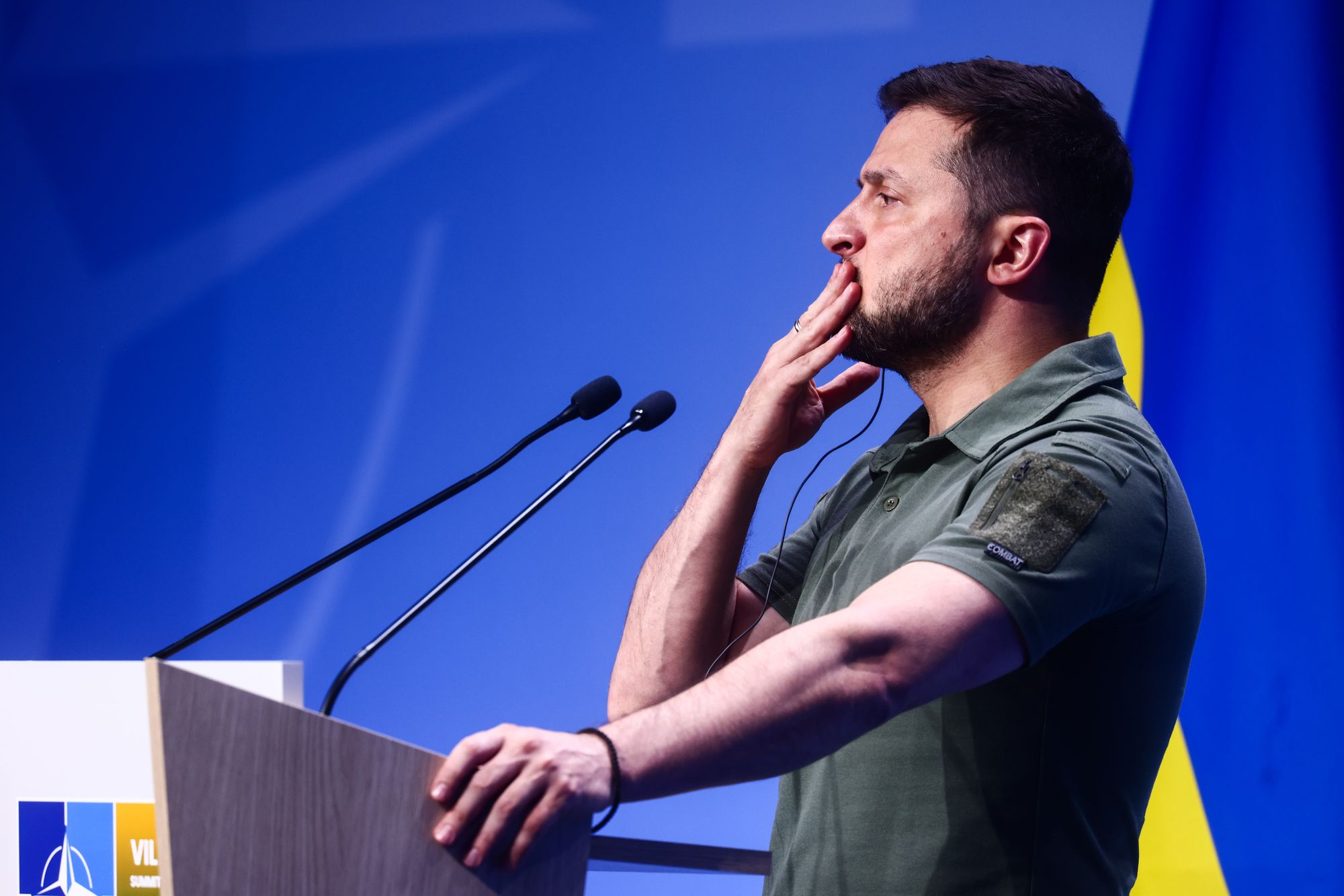
It goes without saying that Ukraine in NATO is the single best way to safeguard the peace – both for their country and for all of Europe – that Ukrainians are fighting and dying for. They are resolutely united in seeking membership in the alliance, with 86% in favor of joining as of 2023, a serious increase from past years.
It’s also promising that this shift in Ukrainian public opinion is matched by a shift in NATO opinion. Though Berlin was unwilling to break directly from Washington and call for an invitation for Ukraine at the Vilnius Summit, more members signaled that they supported such a move. France was a notable example, given that they were a chief obstacle to Ukrainian and Georgian membership at the 2008 Bucharest NATO Summit.
While the most pressing issue for Ukraine and its partners is to support Ukrainian troops with all the tools they need to liberate more territory and succeed in the counteroffensive, it’s time to start laying the groundwork to ensure that NATO members have no excuse to sidestep inviting Ukraine at the Washington summit next year.
Americans and Europeans see Ukrainians as courageous partners – it’s time to take that a step further and show that they would be even better as allies. One way to formalize this is for Western voters to elect officials in their own countries who support Ukraine in NATO.
While Ukraine’s friends work to bolster consensus on membership and lay the groundwork for an invitation, Ukraine’s government and civil society can get to work at home as well. The big three items on the Biden administration’s list are more decisive action against corruption, judicial reform, and de-monopolization.
The West and Ukrainians alike favor anti-corruption efforts and judicial reforms. Ukraine’s government is showing meaningful attempts to stamp out corruption, with President Volodymyr Zelensky recently reiterating that corruption is tantamount to treason and that “Ukraine has no more time for that.”
After a high-profile food procurement scandal at the Defense Ministry earlier this year, Zelensky moved quickly under public pressure to get rid of numerous deputy ministers and regional governors while directing Ukraine’s Security Service (SBU) to conduct dozens of raids on allegedly corrupt officials, former Interior Minister Arsen Avakov, and oligarch Ihor Kolomoisky.
It’s also promising to see the Verkhovna Rada speaker urging MPs to resume asset declarations for government officials, which have been suspended under martial law. Requiring government servants to be transparent about their finances would be a strong signal of accountability, and the EU ambassador to Ukraine calls it a good test case for whether or not Ukraine is serious about the anti-corruption efforts needed to join the EU.
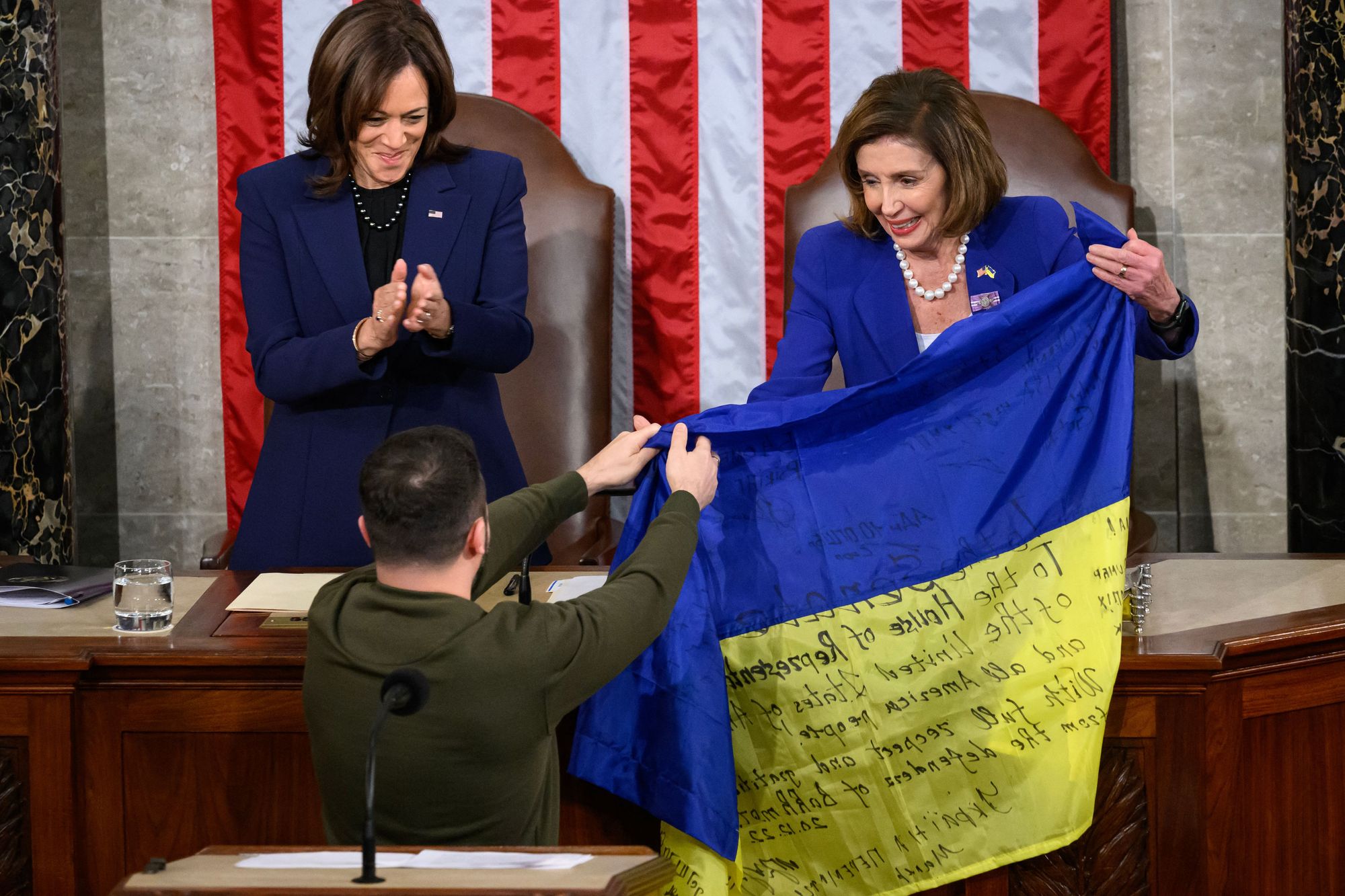
Recent reports that the SBU thwarted criminal groups – including those led by Russian agents – trying to steal Western weapons to sell on the black market are another cause for hope. Rather than trying to hide these types of cases, publicizing anti-corruption efforts and accountability are a good way to spotlight the good work of watchdogs and contribute to a broader culture shift away from graft.
Every country has those who will try to secure ill-gotten gains – Ukraine can show the world it’s one of the countries where those people are caught and held accountable. But there’s still more work to do to show that the incredible progress Ukraine has made is irreversible.
Another milestone was passed in June, when members of the High Qualification Commission for judicial appointments were finally appointed. However, Mykhailo Zhernakov, head of judicial watchdog DeJure Foundation, points out that two members of the commission do not meet standards of integrity and remain marked by scandals, while more qualified candidates were passed over.
The reform is a partial victory that is vital to build on. The commission, its members, and their decisions require strict scrutiny, and the West should hold its feet to the fire while supporting Ukrainian victory.
Ukraine’s post-Revolution of Dignity anti-corruption agencies have yet to bring any serious charges against high-ranking corrupt officials or oligarchs, though they did detain Supreme Court President Vsevolod Kniaziev as part of a massive bribery inquiry in May. Pursuing accountability at the highest levels is the sign of a vibrant, healthy democracy – especially during wartime.
Zelensky’s government has also made decent progress in de-oligarchization, though implementation of the “anti-oligarch law” has been delayed as it tries to resolve conflicts with the EU over how best to address the issue. Working closely with the EU and the Venice Commission to future-proof Ukraine from the corrosive influence of oligarchs will be a major step for Ukraine to join both the EU and NATO.
While some fairly point out that Ukraine is being asked to meet standards that even some NATO members may not meet, the reality is that welcoming a new member into the alliance is a political decision. The best thing for Ukraine to do is make that political decision an easy one.
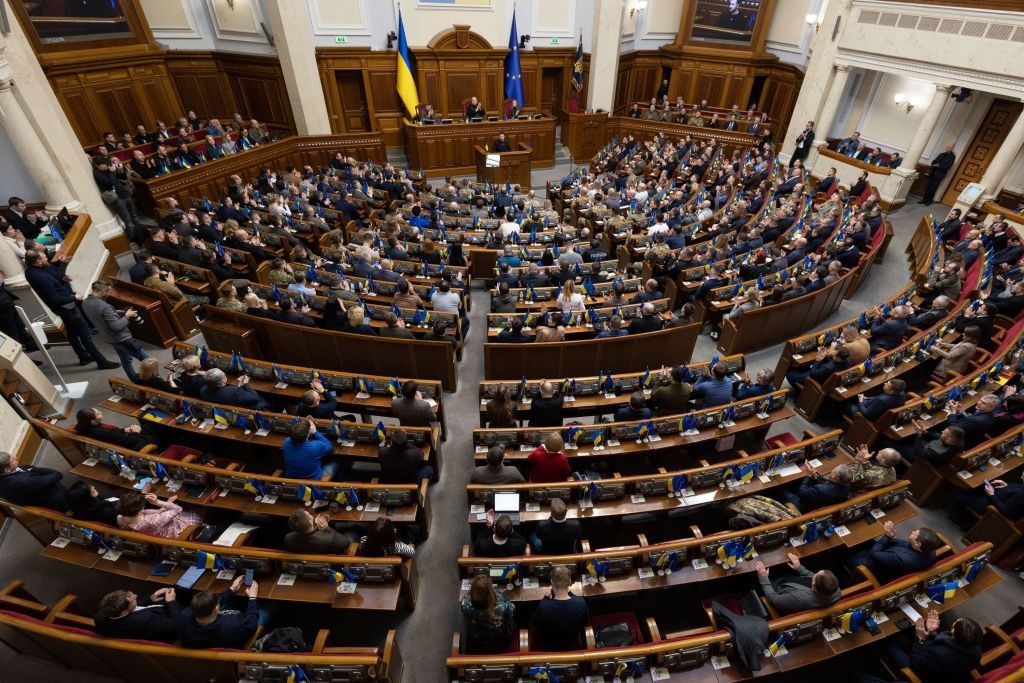
There are strong arguments for inviting Ukraine to be the 33rd NATO ally. The best way to preserve peace in Europe is by adding Ukraine’s world-class fighting force to the alliance.
After Ukraine defeats Russia, the best way to preserve that peace is through NATO. Further integration into Western structures like NATO and the EU are also excellent ways to consolidate the democracy that Ukrainians are fighting for.
There’s just under a year until the Washington summit. Both Ukraine and its friends have their work cut out for them. Time to get to work.
Editor’s Note: The opinions expressed in the op-ed section are those of the authors and do not purport to reflect the views of the Kyiv Independent.



